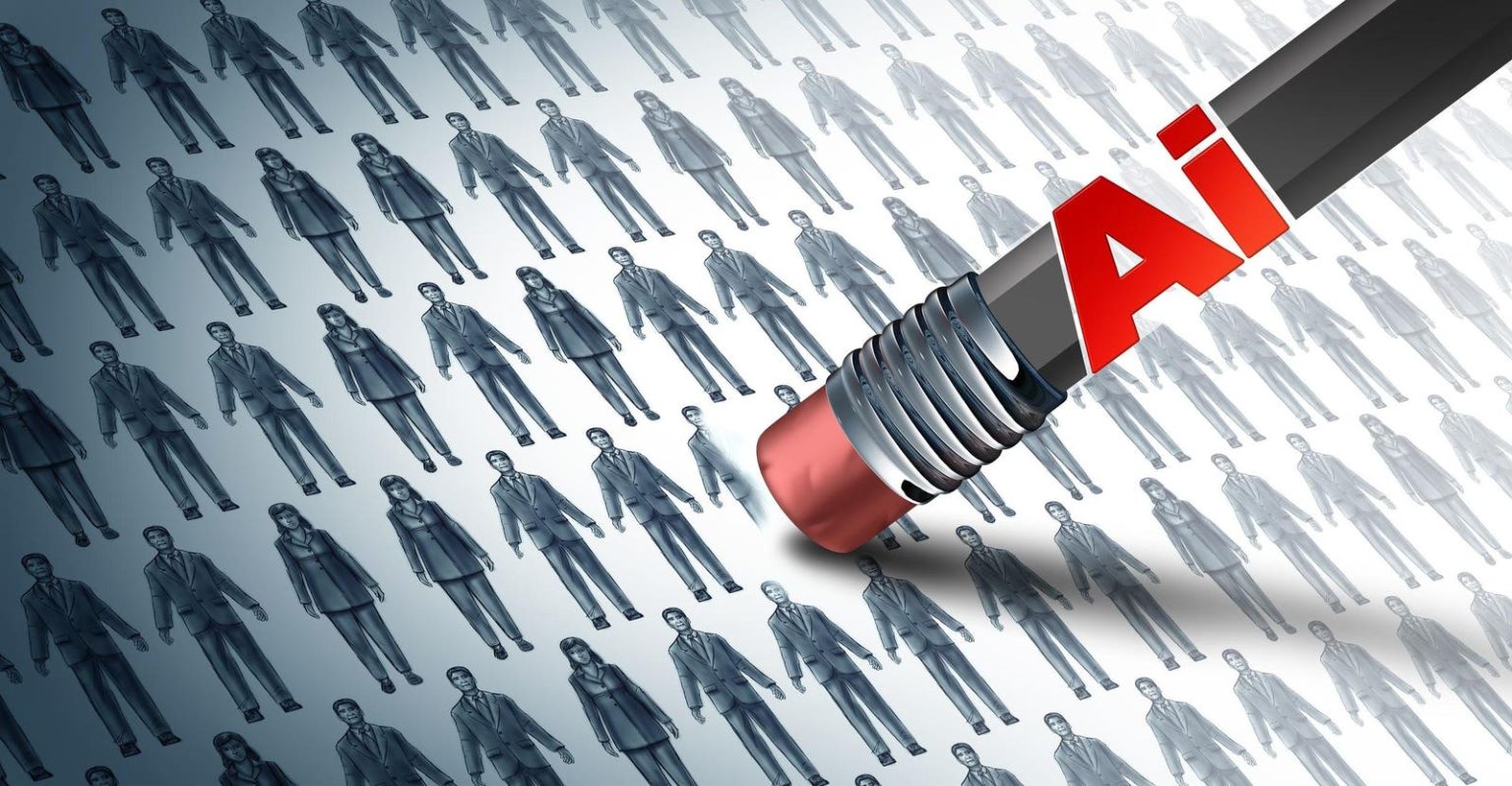OpenAI recently unveiled GPT-4o, the latest version of its AI chatbot. During a demo, it was revealed that the chatbot could engage in conversations, convey emotions, and display a playful personality. The chatbot exhibited human-like qualities, making it easy for users to believe they were conversing with a real person. In one example, the chatbot analyzed computer code and solved a math problem, showcasing its capabilities as a tutor.
The introduction of GPT-4o drew parallels to the 2013 film “Her,” where a character forms a relationship with a chatbot and develops feelings for it. The chatbot’s ability to evoke emotions and attachment from users reflects the advancements made in AI technology. Shortly after OpenAI’s announcement, Google introduced its Gemini AI Chatbot at the Google I/O developer conference. The Gemini AI is designed to help users with various tasks, from solving mechanical problems to locating misplaced items.
Google showcased Gemini AI’s capabilities through live demos, such as identifying the reason behind a record player arm skipping and locating a sound-producing object in a room. The integration of Gemini AI into products like Google Photos enables users to perform tasks like identifying license plate numbers and evaluating children’s swimming performance through image analysis. The development of AI tools like GPT-4o and Gemini AI demonstrates the transformative potential of AI technology in enhancing daily tasks and productivity.
While the advancements in AI technology offer opportunities for efficiency and productivity gains, they also raise concerns about the impact on human experiences and relationships. The increasing reliance on AI tools for various tasks challenges traditional concepts of creativity, empathy, and interpersonal connections. As AI becomes more integrated into our lives, there is a need to maintain a delicate balance between leveraging AI capabilities and preserving the essence of human experience.
The evolving human-AI paradigm highlights the importance of retaining human qualities like curiosity, learning, and emotional connections in a technology-driven world. Striking a balance between leveraging AI advancements for productivity and preserving human values is crucial to navigating the challenges posed by the increasing reliance on AI. As we enter the era of advanced AI technology, it is essential to consider the implications on our humanity and strive to integrate AI tools in a way that enhances, rather than diminishes, the core values that define us as human beings.


